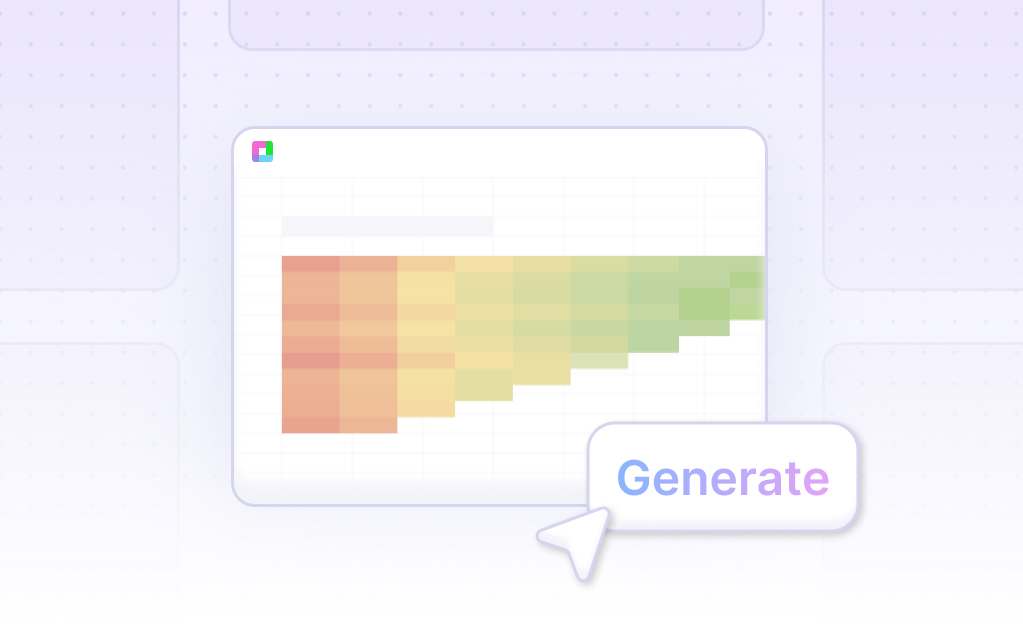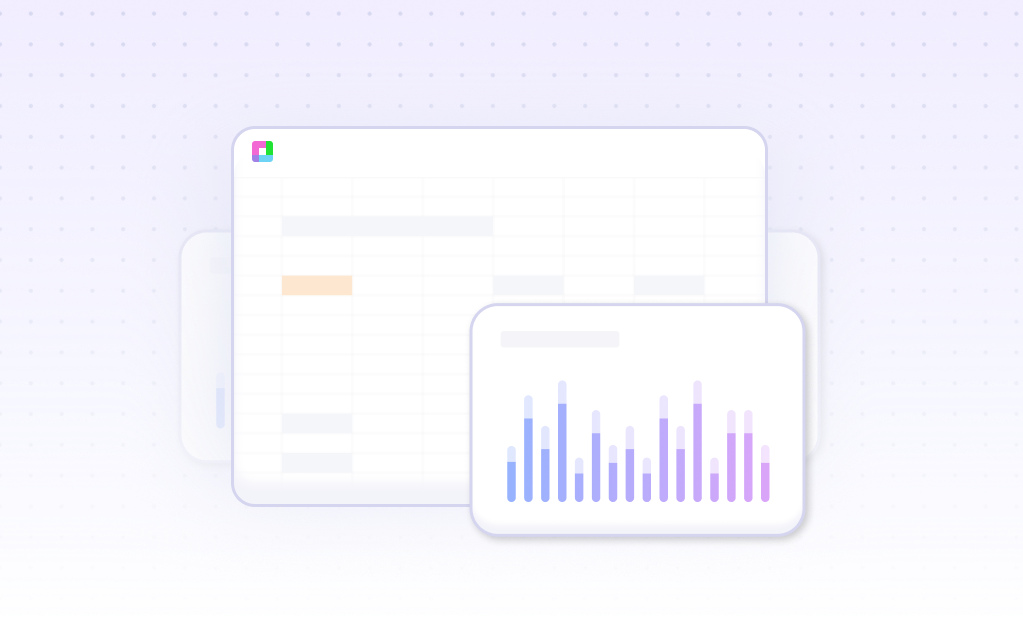
Master Electronic Trading Performance with Professional Metrics Analysis
Electronic trading metrics are essential for measuring algorithmic performance, assessing execution quality, and optimizing trading system effectiveness. Our Electronic Trading Metrics template provides comprehensive tools to analyze trading performance, measure execution quality, and optimize electronic trading strategies with institutional-quality frameworks for sophisticated trading operations.
From performance measurement to system optimization, enhance electronic trading efficiency. Built for algorithmic traders, execution traders, and trading technology teams, this template helps you measure trading performance, assess execution quality, and optimize electronic trading systems.
See how easy it is to generate a Electronic Trading Metrics Excel Template Excel template with Sourcetable

Comprehensive Electronic Trading Performance Framework
Execution Quality Metrics
Measure execution quality with fill rates, average fill size, price improvement, and execution speed analysis. Assess execution efficiency against market benchmarks and peer performance.
Algorithmic Performance Analysis
Analyze algorithmic performance with strategy-specific metrics, alpha generation, and risk-adjusted returns. Measure algorithmic efficiency and performance attribution.
Market Impact Assessment
Assess market impact with temporary impact, permanent impact, and implementation shortfall analysis. Optimize order sizing and timing for minimal market disruption.
Transaction Cost Analysis
Analyze transaction costs with commission analysis, spread costs, market impact costs, and opportunity costs. Optimize total cost of trading and execution efficiency.
Trading System Analysis & Optimization
Latency & Performance Monitoring
Monitor system latency with order-to-fill latency, market data latency, and system response times. Optimize system performance and identify bottlenecks.
Order Management Analysis
Analyze order management with order lifecycle tracking, modification rates, and cancellation analysis. Optimize order routing and execution strategies.
Risk Management Metrics
Measure risk management effectiveness with position limits, risk controls, and compliance metrics. Monitor risk exposure and control effectiveness.
System Reliability & Uptime
Track system reliability with uptime analysis, error rates, and system availability metrics. Ensure robust and reliable electronic trading infrastructure.
Frequently Asked Questions
How does it measure execution quality?
The template measures execution quality with fill rates, average fill size, price improvement, and execution speed analysis. It assesses execution efficiency against market benchmarks and peer performance.
Can it analyze algorithmic performance?
Yes, the template analyzes algorithmic performance with strategy-specific metrics, alpha generation, and risk-adjusted returns. It measures algorithmic efficiency and performance attribution.
How does it assess market impact?
The template assesses market impact with temporary impact, permanent impact, and implementation shortfall analysis. It optimizes order sizing and timing for minimal market disruption.
Does it monitor system latency?
The template monitors system latency with order-to-fill latency, market data latency, and system response times. It optimizes system performance and identifies bottlenecks.
How does it track system reliability?
The template tracks system reliability with uptime analysis, error rates, and system availability metrics. It ensures robust and reliable electronic trading infrastructure.
Related Trading Technology Tools
Connect your most-used data sources and tools to Sourcetable for seamless analysis.
Frequently Asked Questions
If your question is not covered here, you can contact our team.
Contact Us



